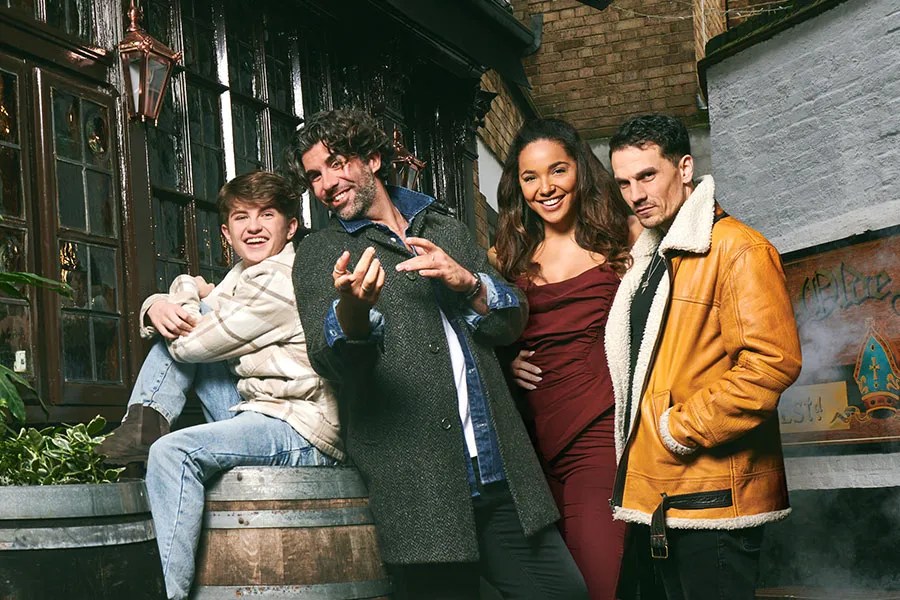A Midsummer Night's Dream (Opera North – Leeds)

Tristram Kenton
Martin Duncan, who directed the opera in 2008 and is back in charge for this revival, is an ideal choice with his outstanding record in comedy, operatic and otherwise. Details of expression, gesture and intonation ensure that we never lose touch with the fact that this may be a psychedelic trip, but it’s also a funny show. Johan Engels‘ sets (all perspex balloons and strips), wonderfully lit by Bruno Poet, and Ashley Martin-Davis‘ imaginative costumes, which never stint on the glitter, complement the atmospheric and dangerously seductive sounds that Stuart Stratford eases out of the orchestra. But the scenes with the lovers, discarding garments in their druggy bewilderment, and the rude mechanicals, earnestly earthbound yet fuelled by dreams of dramatic success, are full of wit and fun.
Britten and Duncan’s conception of Puck seems to me problematic and, well though Daniel Abelson plays the part, the uneasy result is the wild world of Pan filtered through middle-class sensibilities. Even here, though, there are many neatly judged comic effects.
Musically, the production is uniformly strong. James Laing and Jeni Bern, repeating their roles as King and Queen of the Fairies, seem even more authoritative than before. Tytania in particular is immaculately sung by Bern with diction to render the use of surtitles superfluous. The four lovers form an excellent team, with enormous promise in the performances of Sky Ingram and Kathryn Rudge.
The workmen’s disastrous performance of Pyramus and Thisbe is, as it should be, the comic climax of the production, visual gags vying with parody of Italian opera, Nicholas Sharratt‘s heavily-bearded Flute making Thisbe first cousin to Kenny Everett, while Henry Waddington, splendidly resonant and self-absorbed as Bottom, tries very hard to live up to his helmet! Best of all perhaps is the children’s chorus of fairies, full of unidentified menace, beautiful sounds and mysterious movement.
Ron Simpson










